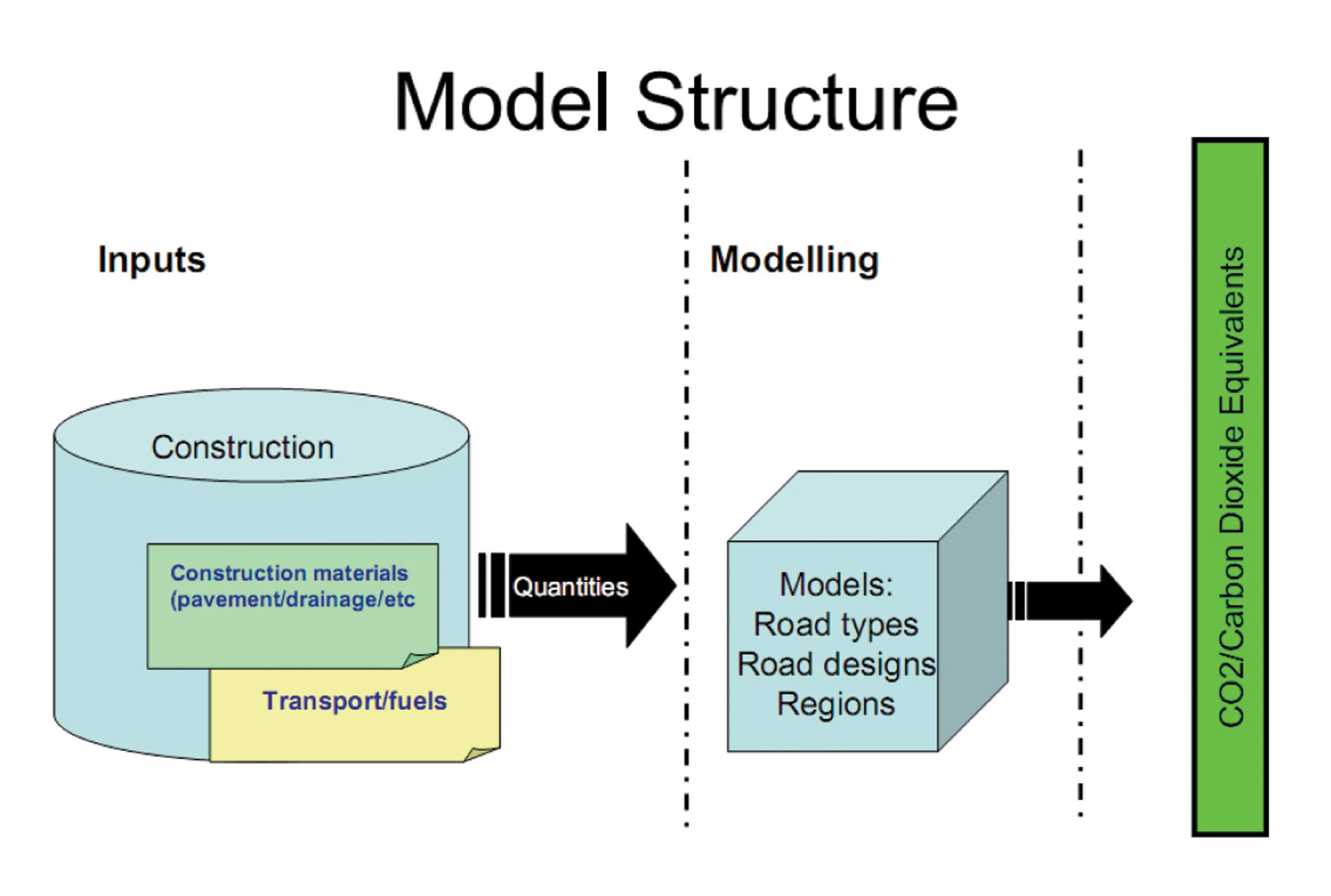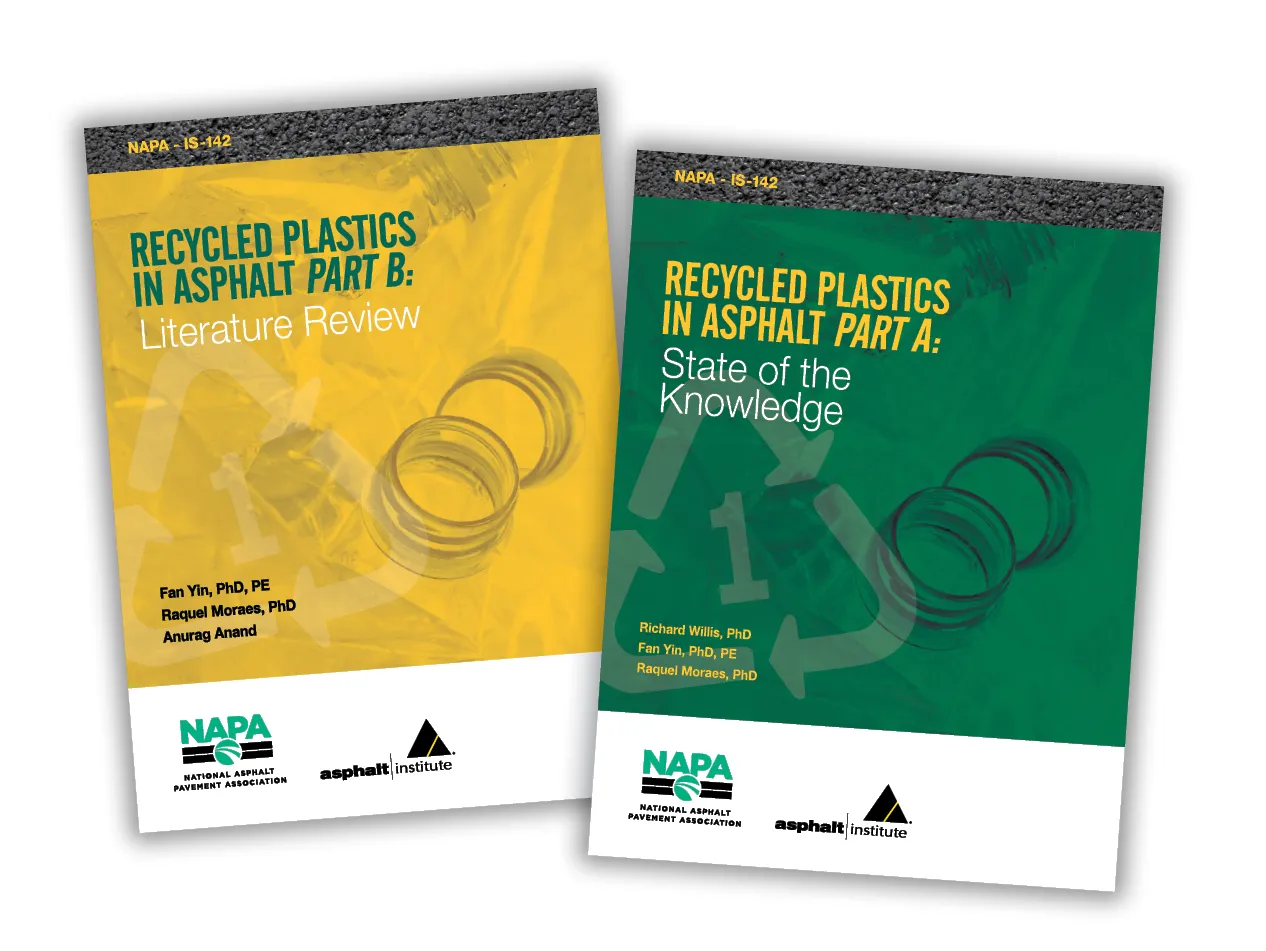The Rubberised Asphalt Foundation (RAF) is creating an online clearinghouse for rubberised asphalt documentation and research. The online database will have various data and will be updated with latest developments in rubberised asphalt processes and technologies.
September 6, 2012
Read time: 1 min
The 6528 Rubberised Asphalt Foundation (RAF) is creating an online clearinghouse for rubberised asphalt documentation and research.
The online database will have various data and will be updated with latest developments in rubberised asphalt processes and technologies. The RAF is a research foundation that focuses on the science and practical use of recycled tyre rubber in asphalt pavements.
The online database will have various data and will be updated with latest developments in rubberised asphalt processes and technologies. The RAF is a research foundation that focuses on the science and practical use of recycled tyre rubber in asphalt pavements.








